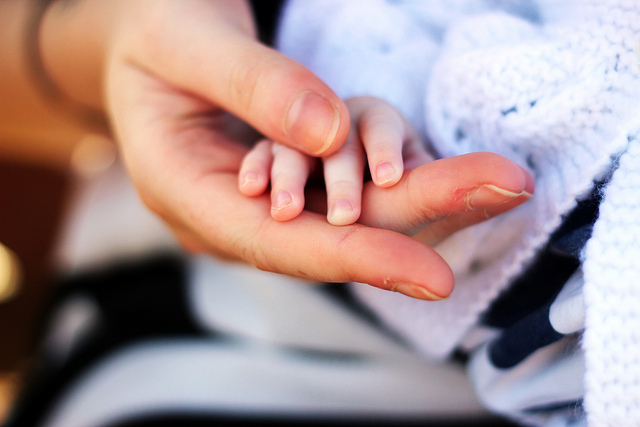
Mother's place of birth has something to do with the risk of her having a child with autism, American researchers reveal.
Autism spectrum disorder (ASD) or simply autism is a term used to characterise a group of disorders that affect the normal development of the brain.
For the study, researchers from the University of California, Los Angeles Fielding School of Public Health in US selected 7,540 autistic children born in Los Angeles County. They collected information about children's mothers, particularly their race, ethnicity and place of birth.
The study found a direct link between mother's place of birth and the developmental disorder. Prevalence of autism was higher among foreign- born black mothers (76 percent ), women born in Vietnam (43 percent), Philippines (25 percent), Central or South Africa (26 percent), Hispanic and black women born in US (13 -14 percent), than US -born white mothers.
Researchers said that psychological and physical stresses involved in relocating from one place to another may be playing a huge role in this occurrence.
"Epidemiology has a long tradition of using migration studies to understand how environmental and genetic factors contribute to disease risk in populations," senior author of the study, Dr. Beate Ritz, professor and chair of the Fielding School's department of epidemiology, said in a news release. "The fact that 22 percent of 6-year-olds born in the United States have immigrant parents opened a unique opportunity for us to consider the influence of nativity, race and ethnicity on the causes of autism spectrum disorder."
The study has been published in the online edition of Pediatrics.
More than tens of millions of people in the world are affected by the disorder, according to the organization Autism Speaks. Autistic children experience difficulties in social interaction, verbal and non-verbal communication, or exhibit rigid-repetitive behaviours. As there is no proper medical or blood test to diagnose the condition early, health practitioners use behaviour and development of a child, to accurately determine prevalence of the disorder in a child.
As an early diagnosis of the disorder helps in better treatment, researchers from different parts of the world have been trying hard to sort out the various risk factors involved in autism. Following are some research-proven risk factors that contribute to autism in children:
- Delayed fatherhood
- Maternal exposure to pesticides
- Weight gain during pregnancy
- Maternal smoking habit in pregnancy
- Vitamin D deficiency in women
- Use of anti-epileptic drug Valproate in pregnancy
- Maternal fever after conceiving the child
- Exposure to air pollution in pregnancy
- Inducing labour to give birth
- Low or high birth weight
- In vitro fertilisation treatment (IVF)
- Lead and mercury exposure during early years of growth
- Exposure to preservative propionic acid (PA)
- Weak thyroid
- Use of antidepressants before pregnancy















